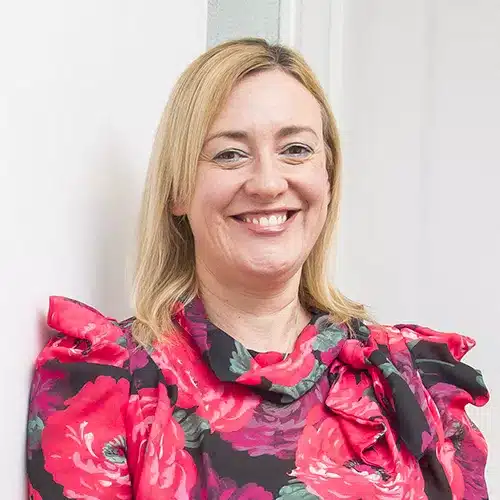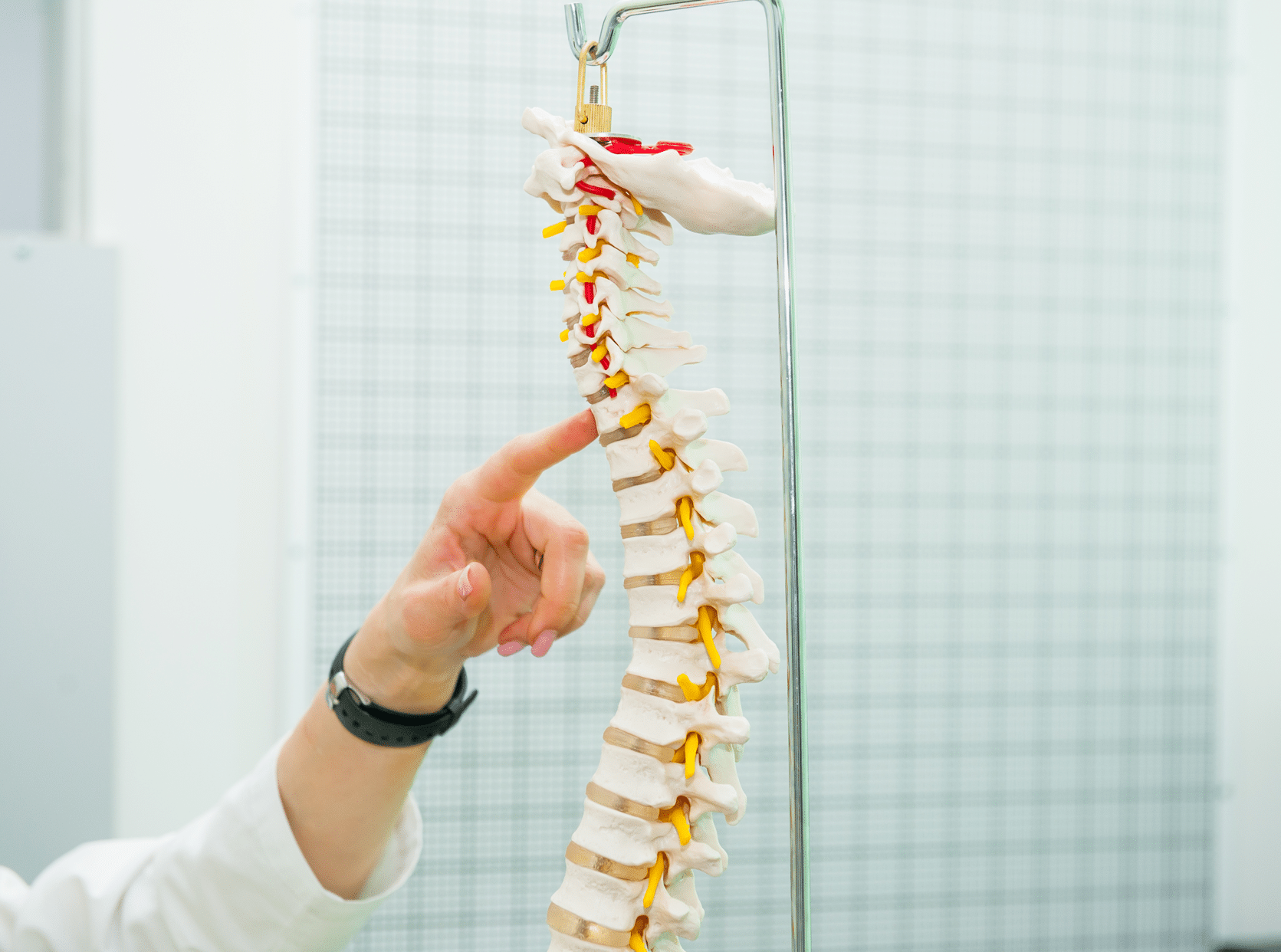Thinking about making any kind of claim after the loss of a loved one can be unbearably difficult. Everyone mourns in their own way, but often grief and emptiness can overwhelm any thoughts of the more mundane things in life, such as financial recompense.
Obviously no amount of money can make up for losing someone close to you. But it can reduce the financial difficulties which may often arise after a fatal accident.
In this blog, we’ll look at some of the legal options which may be open to you – for when you feel ready to explore them.
How claims like this work
In most cases, it will be for your loved one’s executors or administrators to make a claim. And it is important to be aware of why this is the case.
In general, when someone passes away, the money and assets they own will form their estate, and is looked after by their executors (where the deceased person left a valid will), or their administrators (who perform largely the same role as executors) when there isn’t a valid will or the named executors are unable to act.
The executors or administrators have the legal power to handle the estate, and to take action on its behalf. However, they must only ever act in the interests of the people who are set to inherit the money and assets of the deceased person. If there is a valid will, the money and assets will go to the beneficiaries of the will – according to the will’s terms. If there is no valid will, it will instead go to the people indicated by the intestacy rules. To make things easier to follow, we’ll refer to them all as beneficiaries.
All of this means that a claim for a fatal accident will be handled by the executors or administrators, with any compensation going either into the estate, and ultimately to the beneficiaries. Financial dependency claims are an exception to this however. For those kinds of claim, the compensation will go to the financial dependants themselves – who may or may not be beneficiaries under the will or intestacy rules. We’ll look at financial dependency claims in more detail below.
What kinds of compensation can be claimed?
For a negligence claim made by the estate, compensation will be based on the pain and suffering and financial losses that your loved one experienced as a result of the accident. Funeral expenses can also be claimed, if paid by the estate.
The claim will cover the period from when the accident occurred to when your loved one passed away. Unfortunately, this means that if death occurred in the accident itself or very shortly after, compensation for this is often very limited.
In most claims for fatal accidents, compensation through other legal pathways is more suitable. These are:
- A bereavement award
- Financial dependency
It is important to be aware that these different kinds of claim might be made together depending on the circumstances.
Example
Tom falls from a gantry at work and dies a few months later from the injuries he sustained. Tom’s will names his wife, Rebecca, as his only beneficiary. Tom’s executors bring an accident at work claim on behalf of his estate against Tom’s former employers. The claim seeks compensation for Tom’s pain and suffering and any other losses incurred in those few months between the accident and his death. Any compensation will be for Rebecca’s benefit as Tom’s only beneficiary. Rebecca can also claim for a bereavement award as part of the estate’s claim. And because she was financially dependent on Tom, she can also include a financial dependency claim as well.
Bereavement award
Claiming a bereavement award is allowed by the Fatal Accidents Act 1976. However, it is only possible for a limited group of people to claim, and whether you can claim will depend upon your connection to the person who has passed away.
The people who are eligible to claim a bereavement award are:
- The wife, husband, or civil partner of the deceased person
- The parents, where the deceased person was under 18. However, if the deceased person was an illegitimate child, only the mother can claim the bereavement award.
- A cohabiting partner, provided they:
- Had been living in the same household as the deceased person before the date of death
- Had been living with them for at least 2 years
- Had been living with them as a partner, i.e. as a wife, husband, or civil partner
At the time of writing, the bereavement award is a fixed sum of £15,120.
Financial dependency claims
The Fatal Accidents Act 1976 also allows people who relied upon their lost loved one financially to claim for that material loss after a fatal accident. This can cover the loss of the financial support that they would have received, and also the loss of other valuable services, such as care and assistance, childcare, DIY, or gardening.
In order to claim, you must have been financially dependent on your loved one, and have had one of the following relationships to them:
- Wife, husband, or civil partner
- Former wife, husband, or civil partner (i.e. the union was dissolved before the date of death)
- Cohabiting partner (as long as you meet the same criteria for a cohabiting partner set out above under ‘Bereavement Award’)
- Parent, grandparent, or other ascendant (great-grandparent etc.)
- Child, grandchild, or other descendant (great-grandchild etc.)
- Stepchild, who was treated by the deceased person as a child of their marriage or civil partnership
- Brother or sister
- Aunt or uncle
- Nephew or niece
- First cousin (i.e. a child of the deceased person’s aunt or uncle)
Any dependency claim will still be brought by the executors or administrators of the estate, but any compensation awarded will go directly to the dependants instead of going into the estate to be distributed.
If there are no executors or administrators, then a claim can be brought by all of the dependants collectively.
Financial dependency compensation
Compensation for a dependency claim is not fixed like the bereavement award. It will be worked out based on your circumstances, to estimate how long and to what extent you would have been dependent on your loved one in future. This can involve looking at factors such as:
- The age of your loved one at the time of their death
- Their general level of health
- How much income or other expected benefit your loved one would have retained and how much would have been for your benefit
- Whether you have your own source of income
- Whether you were a couple with children to support
Ongoing claims at the time of the fatal accident
If your loved one had already started a personal injury claim before their death, this can be continued by their estate. This situation is usually only in industrial disease cases, where a wrong has caused someone to develop a fatal illness with a delayed effect. However, there may be some situations where your loved one was able to begin a claim for an accident which ultimately proved fatal.
The executors or administrators of your loved one’s estate would be responsible for continuing the claim. Any compensation awarded will go to the estate’s beneficiaries.
Finding out more about fatal accident claims
The information above can be a lot to take in, especially at this difficult time.
If you would like to know more about what can be done after a fatal accident, it might be best to speak to one of our team. You can get in contact with us here.
Further Reading
From one of the UK’s most read legal blogs.










